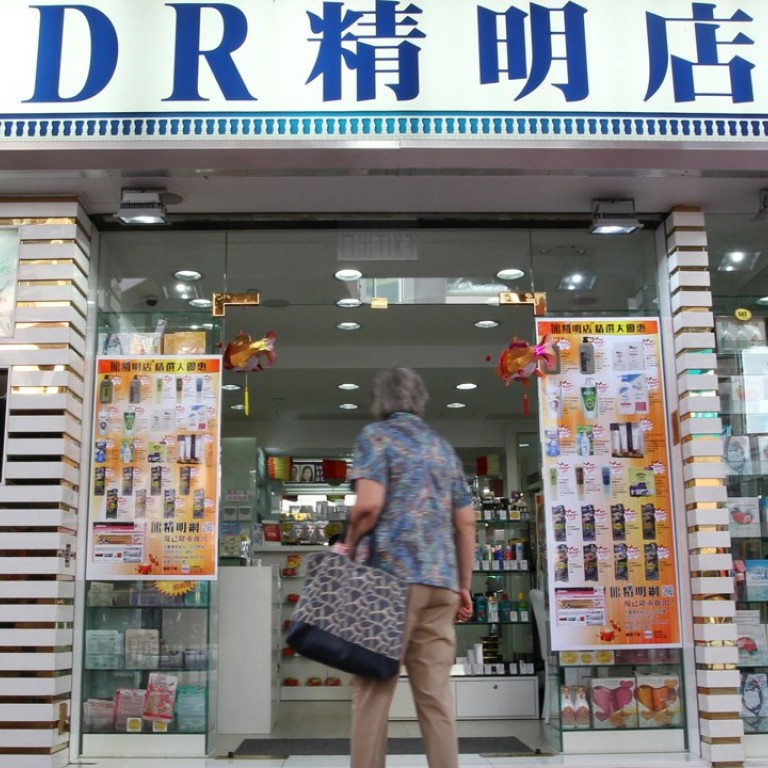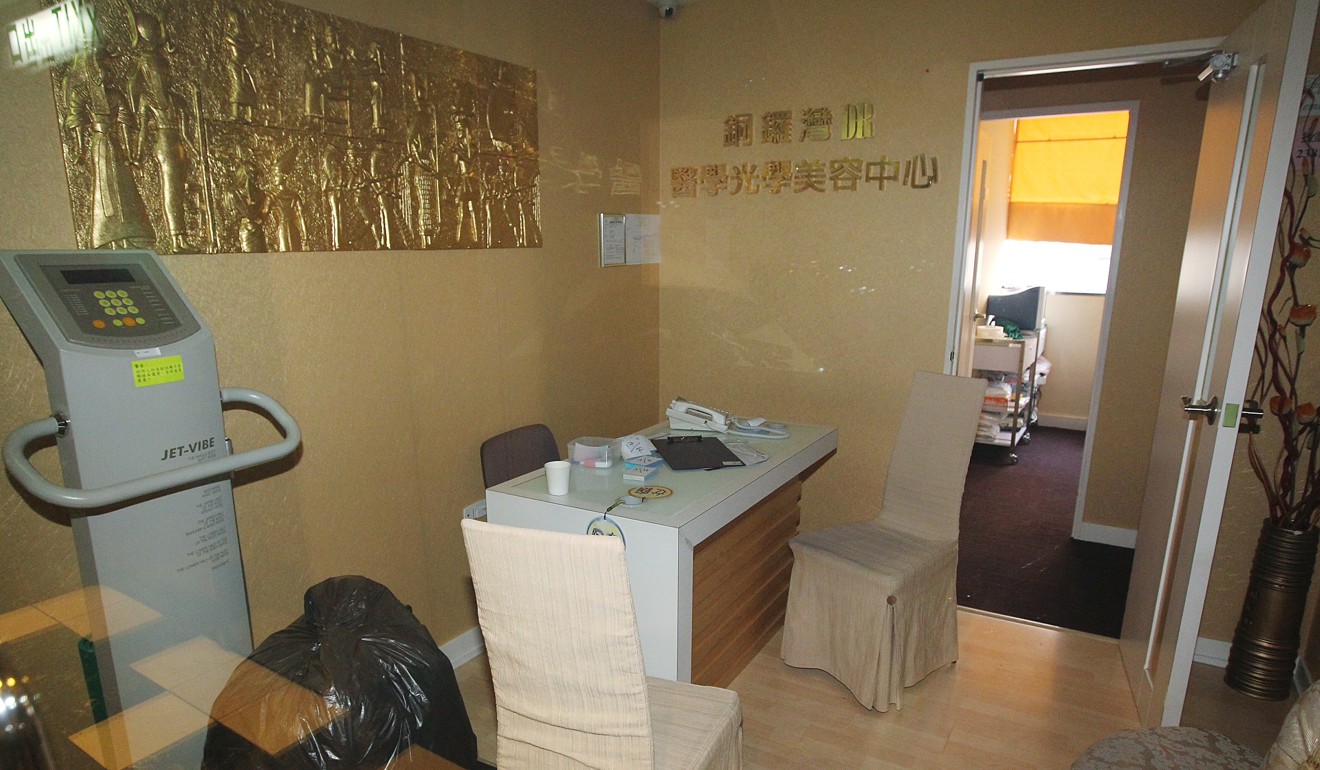
Horrific details of a Hong Kong beauty clinic treatment gone fatally wrong
Within 24 hours of being treated, the trio had developed symptoms ranging from chills and fever, to shivers and numb limbs, High Court hears
Horrific details of three Hong Kong women who suffered from blood poisoning in 2012 following an “unproven” treatment at a beauty clinic emerged on Tuesday in a criminal court tasked to determine whether two doctors and a technician should be held responsible for the death of one of the women.
Within 24 hours of being treated, the trio had developed symptoms ranging from chills and fever, to shivers and numb limbs. One became unable to walk, while another was rushed to hospital via ambulance, the High Court heard.
Chan Yuen-lam, 46, died after being treated for septicaemia in the intensive unit at Ruttonjee Hospital in Wan Chai, on October 10, 2012, seven days after her blood was reintroduced into her body following its extraction and reprocessing.
Another woman, Wong Ching-bor, hospitalised for more than a year, had to have her legs and four fingers amputated. The third woman, Wong Fung-kwan, spent half a year in hospital and left with permanent injuries.
The three underwent beauty chain DR Group’s induced killer cells (CIK) treatment, said to enhance one’s immune system. They were treated at the Hong Kong Mesotherapy Centre in Causeway Bay, prosecutors said.

Offering a detailed account leading up to the fatal incident, prosecutor Raymond Leung Wai-man SC told a panel of nine jurors on Tuesday that the women had their blood extracted on September 12, 2012. Their blood was to be enhanced with white blood cells meant to fight infection. They received their reprocessed blood on October 3 that year.
Even the nurse could not hold her down and the infusion had to be stopped
During the infusion that ran between 15 and 30 minutes, however, Wong Fung-kwan, then 57, suffered from such serious discomfort that “even the nurse could not hold her down and the infusion had to be stopped”, Leung said.
Wong, 60 at the time, felt dizziness and chest discomfort. Both women were then given medication by Mak.
Chan Yuen-lam came home after her infusion, but later that night went to an outpatient clinic with her daughter, complaining of chills and fever.
The cafe worker developed abdominal pain, dry mouth and lower limb numbness overnight, and returned to the DR Group clinic on October 4 after her husband found her pale and weak. The clinic then called her an ambulance.
Wong Fung-kwan, a cleaner at an international school in North Point, was sent to Ruttonjee hours before Chan’s admission; she had become unable to walk at work. She would suffer permanent injuries, including her toes.
Wong Ching-bor, a teacher, was escorted to St Teresa Hospital by a clinic staff member before being transferred to United Christian Hospital. She ultimately lost her legs and two fingers. All three were diagnosed with myobacterium abscessus in their blood.
The prosecutor said the women had developed problems with their limbs because of blood clotting due to a condition called disseminated intravascular coagulation, resulting in a lack of blood as well as internal organ bleeding.
Chan, he said, eventually died because of multiple organ failure.
“It was a horrific story,” the prosecutor added.

